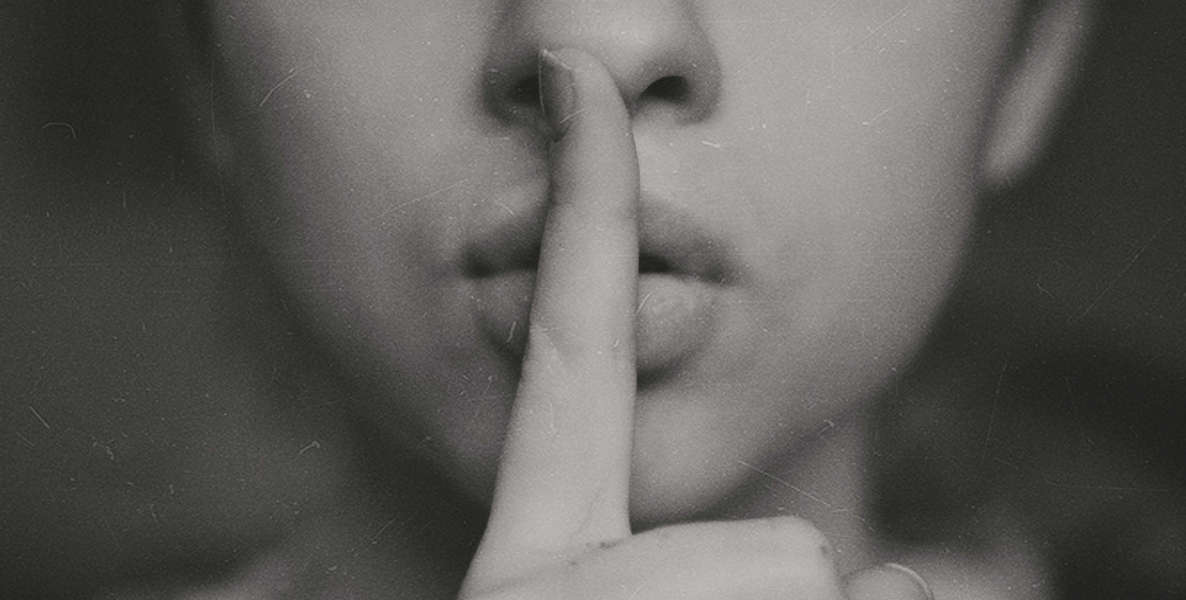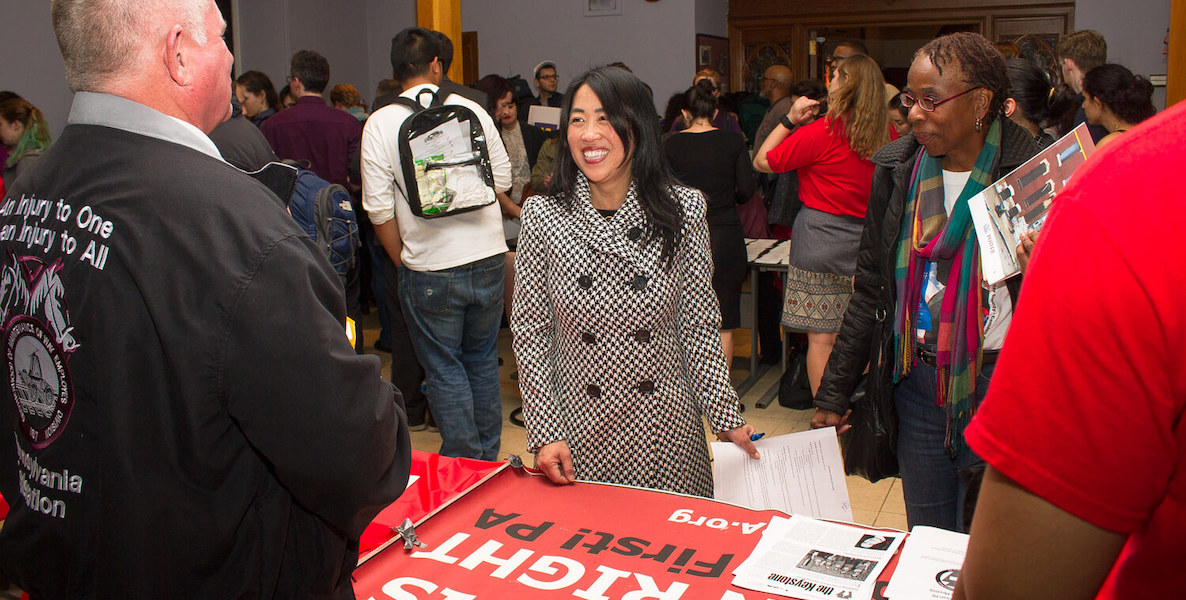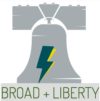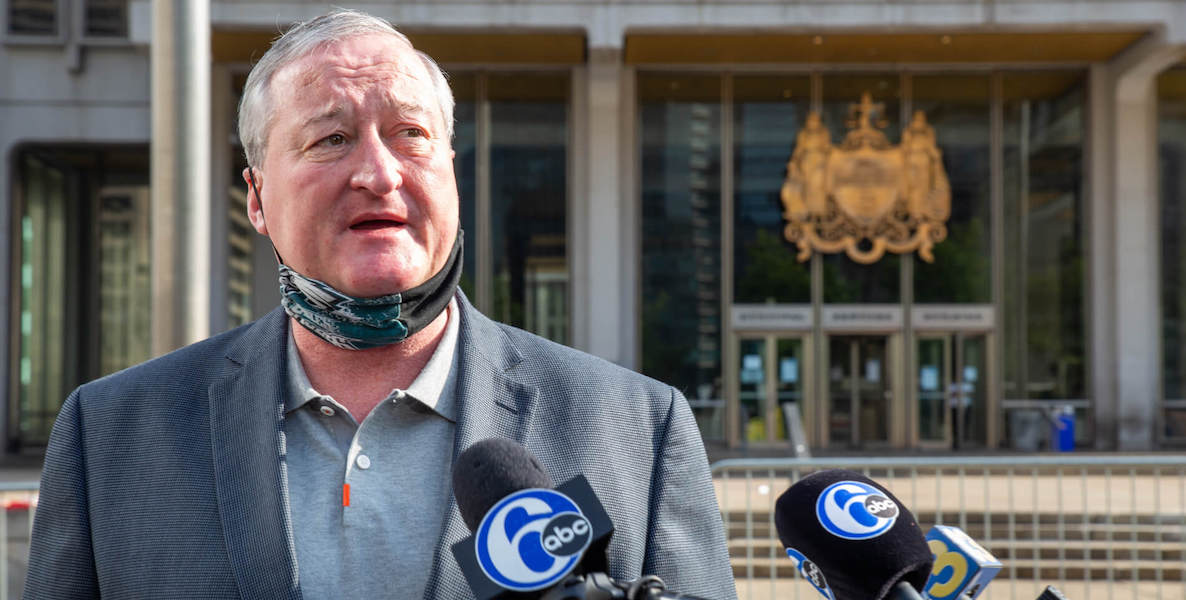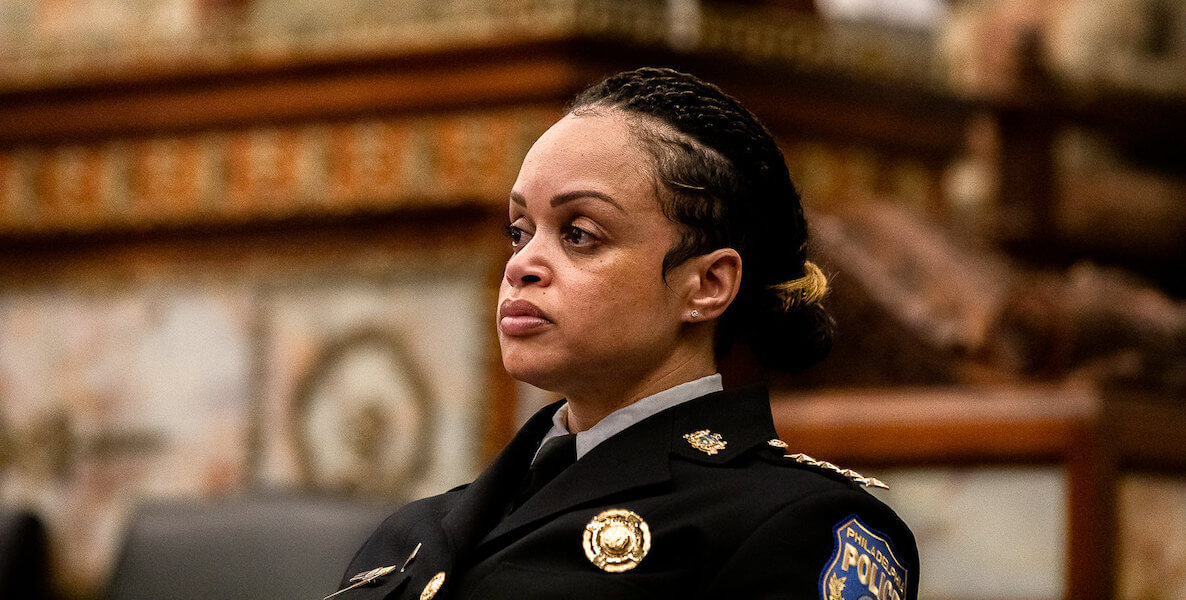![]() A recent CATO Institute poll confirms what is anecdotally understood by approximately every breathing soul in the universe: In newsfeeds and news outlets, America’s public discourse—increasingly digitized, and now exclusively so thanks to a global pandemic—has veered sharply to the left.
A recent CATO Institute poll confirms what is anecdotally understood by approximately every breathing soul in the universe: In newsfeeds and news outlets, America’s public discourse—increasingly digitized, and now exclusively so thanks to a global pandemic—has veered sharply to the left.
A majority of Americans, and a vast majority of those who self-identify as moderate, conservative or “strong conservative,” agree with the statement that the present political climate “prevents me from saying things I believe in because others might find them offensive.”
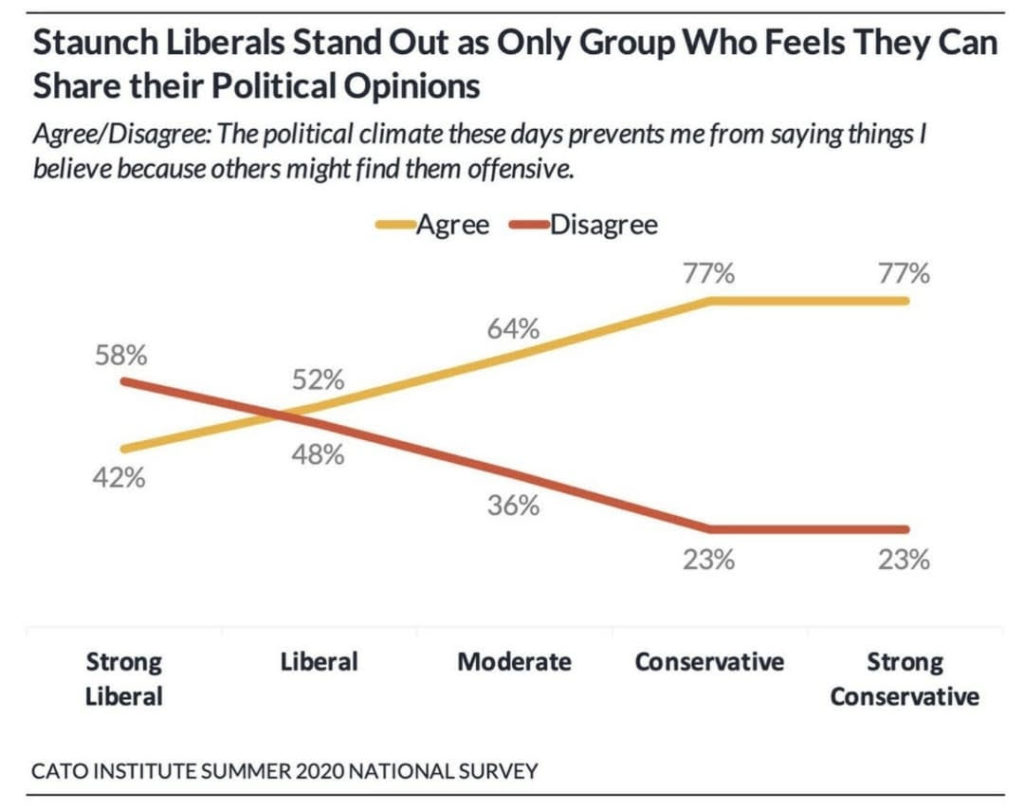
Of the political groups, only a majority of self-described “strong liberals” feel comfortable sharing their viewpoints—a victory for the far left, but not for public discourse.
Some say: Good, anybody to the right of far left is a bigot anyway.
This response arises from what Federalist writer Emily Jashinsky has termed the “progressive vs. bigot” binary: a justification and zeal in shutting non-woke voices down, and a crucial assumption that people who do not share the same political ambitions and stances as the far left also do not share a common humanity or good intentions.
This assumption is rampant throughout our contemporary discourse, and is drilled into our heads on social media, specifically. Oppose abortion rights? You are anti-woman. Oppose illegal immigration? You’re anti-immigrant. Believe that there is some biological basis for gender, and that it’s not just a “construct”? Anti-trans or homophobe. Support good police and don’t believe that all cops are bastards (ACAB)? Racist, racist, racist.
The “expanded definitions” of white supremacy, racism, misogyny, homophobia and more, writes Jashinsky, have been “brewing for decades in academia, which has now exported enough graduates into the professional world” to reach critical mass. Armed with these expanded definitions, these very college grads—the most privileged people in our society, it should be noted—are shutting down debate around key subjects.
![]() On the most important issues of the day, in Philadelphia and elsewhere, the “Overton Window” —the range of what is considered publicly acceptable discourse—has narrowed such that the only distinction is: Trotsky or Stalin? Dismantle the system or burn it down? While this may be most comforting for the group that is controlling the debate, it does no service to those around whom the debate rages—often “oppressed minorities” whose perceived victimhood is the raison d’être of the Woke Left.
On the most important issues of the day, in Philadelphia and elsewhere, the “Overton Window” —the range of what is considered publicly acceptable discourse—has narrowed such that the only distinction is: Trotsky or Stalin? Dismantle the system or burn it down? While this may be most comforting for the group that is controlling the debate, it does no service to those around whom the debate rages—often “oppressed minorities” whose perceived victimhood is the raison d’être of the Woke Left.
And this debate has narrowed, not coincidentally, just as things are getting worse for the people and lives being debated.
As America experiences a “Great Awokening” on racial issues, some of the most dangerous neighborhoods in Philadelphia have become shooting galleries, with homicides up double digits in 2020 over 2019, itself a bloody year. That this is happening under the noses of Mayor Jim Kenney and District Attorney Larry Krasner, a career criminal defense attorney, is no coincidence.
Despite the political inconvenience of this surge in murders under progressive law enforcement, we must pay attention and acknowledge it if we care about Black lives.
This is the core of what I wish to defend: the need for robust debate, starting with the acknowledgment of reality (murders, primarily visited upon lower income Black victims, are hitting historic rates in Philadelphia) and the need to discuss why this is happening from a variety of perspectives.
If your only solution is “dismantle the police,” you are doing a disservice to the people dying in our streets.
A similar phenomenon, though less visceral, concerns the “debate” around schooling as we approach an unprecedented academic year. The range of accepted opinions seems to be exactly one: Do not force teachers back into classrooms, because they will die teaching your kids.
Clearly, this is a risk that we need to take seriously; but what about the risk to students, especially younger students, especially students with more specific educational needs, and exceptionally students who do not come from stable family backgrounds, that the next year(s) living with the coronavirus will equate to no learning at all—no academics, no intellectual or social development, just a widening gyre of listlessness from which they will never climb out?
Virtual learning may work in wealthier school districts with wealthier families, but it will be a farce in Philadelphia, and the refusal to consider in-person learning for Philly’s kids will cause its own crises in the near and long term.
![]() The lived reality for many of the people the Left claims to represent is actually getting worse during our summer of intense unrest, with already-sparse businesses looted and boarded up, bullets flying in forgotten neighborhoods across the city, and a farcical “e-learning” experiment coming around the bend for scores of children who didn’t have it easy before.
The lived reality for many of the people the Left claims to represent is actually getting worse during our summer of intense unrest, with already-sparse businesses looted and boarded up, bullets flying in forgotten neighborhoods across the city, and a farcical “e-learning” experiment coming around the bend for scores of children who didn’t have it easy before.
Anybody looking to shut down well-intentioned dissent around these very trends is more interested in affirming their own sense of the world than in helping those they claim to be serving.
Shutting down critics of our new status quo may make it easier for those on the far left to control the debate. But reality cries out nonetheless, and the voices and ideas of moderates and conservatives are needed if society is to serve more than just the Woke fringe and its allies.
Albert Eisenberg is a Philadelphia-based political consultant and a co-founder of Broad + Liberty. Follow him on Twitter at @albydelphia. This is part of a series of articles running on both The Citizen and Broad + Liberty.
Photo by Kristina Flour / Unsplash


